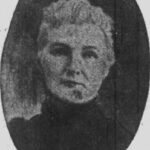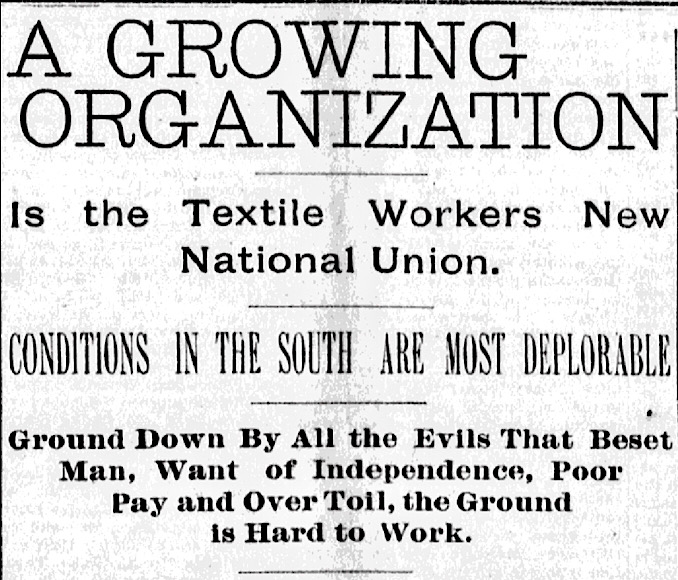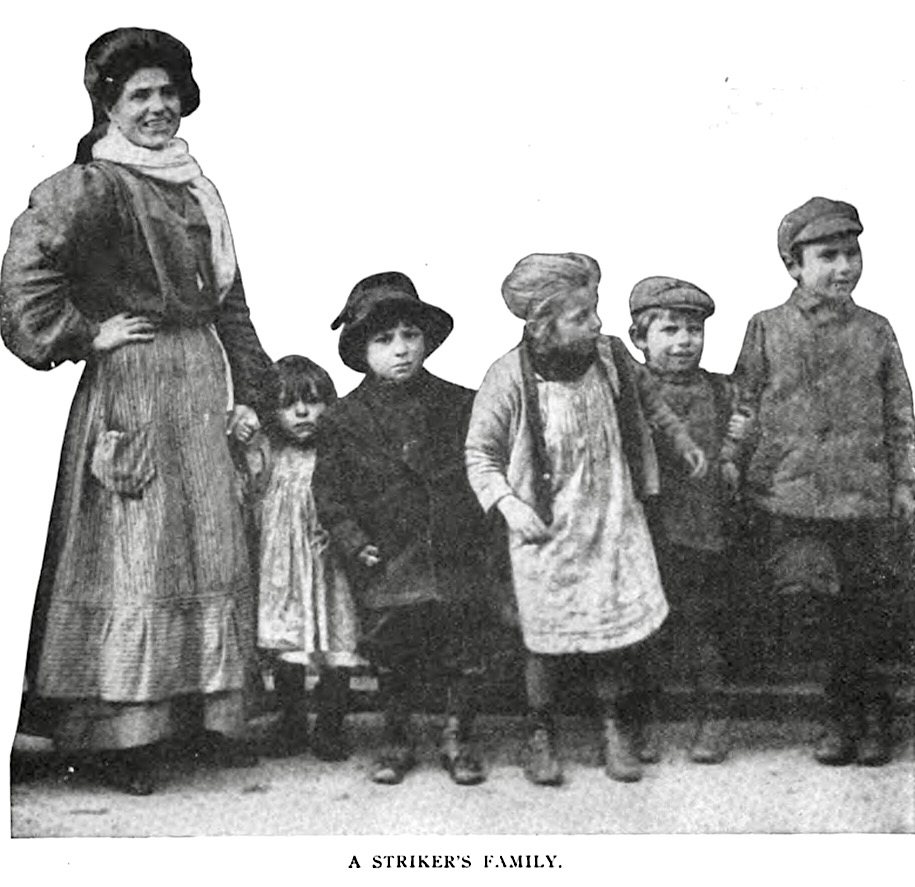 —————
—————
Hellraisers Journal – Friday May 3, 1912
“The Shame of San Diego” by Hartwell S. Shippey, Part I
From the International Socialist Review of May 1912:
The Shame of San Diego
by HARTWELL S. SHIPPEY
[Part I of II]
SPAT upon, cursed, reviled; the victims of lying calumny and vile vituperation; the recipients of farcical indignities on the part of the legal lackeys of an organized oligarchy; beaten, kicked, clubbed, starved by brass-bound blue-coated Cossacks and vigilantes, the scorned and despised members of the I. W. W. hold San Diego-on-the-bay in their grasp.
Laughing, only passively resistant, singing their songs of solidarity, these homeless, propertyless, countryless “hoboes,” incarcerated in the iron-bound bastiles of smiling San Diego, are clamoring not for physical comforts or luxuries, but for mental food, the works of Marx, Spencer, Renan, Rousseau and Dietzgen.
Even without definite knowledge of the rhythmic tread of the thousands marching to their rescue, these modern Crusaders, buoyed up by their indomitable idealism, secure in the virtue of their cause, have that great faith in the loyalty of their kind to feel, if they cannot know, that theirs will be the victory.
Rivaling the Coeur d’Alene and Colorado, the San Diego fight for free speech and free press will enter the pages of revolutionary history as a stupendous example of red-blooded men heroically enduring every conceivable form of “Man’s [perfect?] self-control in the face of fiendishly inhumanity to man” and preserving brutal persecution.
San Diego may congratulate herself on being the instrument by which two socially valuable bits of education have been given to the world. First the world has come to know the extremes to which an overbearing despotism will go in its efforts to crush labor; and second, it is being demonstrated that, under certain conditions, revolutionary and conservative branches of the labor movement will line up together solidly and unitedly.
For, know ye, the battle is not primarily one fought for a short hundred yards of city street, nor yet for free speech and press alone. It is, at bottom, a struggle on the part of labor for the privilege of organizing and educating its kind to the end that the products of labor shall be rendered unto labor, and that better living conditions for the toilers shall make of this modern miasma of human misery a more fit state for human beings to occupy.
What precipitated this struggle in the non-commercial city nestling on the hills above a beautiful bay with the blue mountains rising in the distance?
California will, barring intervening preventatives, hold two great fairs in 1915, one at San Francisco and one at San Diego. A great amount of labor will be employed in instituting and conducting these fairs. Organized labor, as represented by the A. F. of L., insists on having a voice in determining the rate of wages it will receive and the conditions under which it will work. Organized capital, dominated by the M. and M., declares that IT shall be the sole arbiter in reference to these questions. Organized capital insists that the open shop shall prevail in California; while organized labor realizes that the closed shop is its life-principle. Knowing that it cannot prevail against the unions when there are no idle men to take their places, the M. and M., controlling the press of the country as it does, has systematically published misinformation throughout the country to the effect that jobs are plentiful in California-to the end that jobless men may flood the labor market of the coast and imperil the power of the unions.
The chief function of the Industrial Workers of the World on the coast has been, and is, an education of the unemployed to an understanding of the interests of labor that prevents the out-of-works from acting in the selfish and cowardly role of strike-breaker or scab. The M. and M. recognizes this menace to their plans and strikes at the vitals of this education by an attempted suppression of free speech and press, these forms of freedom being imperative to the educators of the floating population.

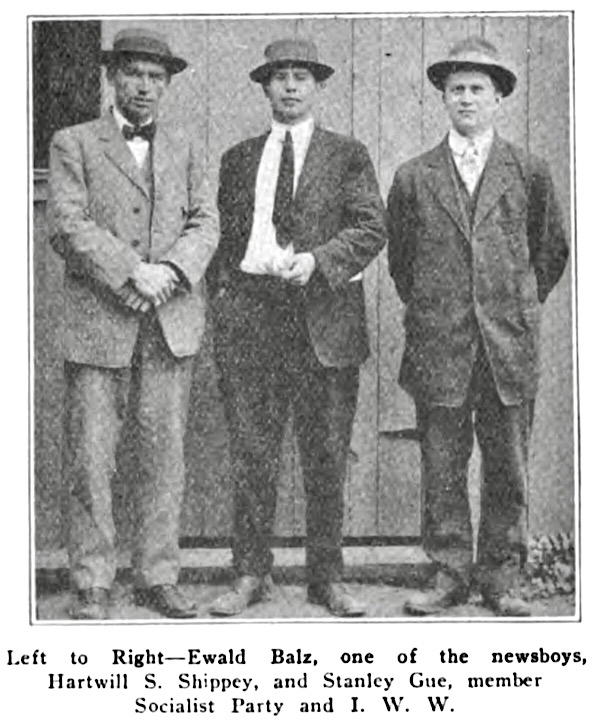
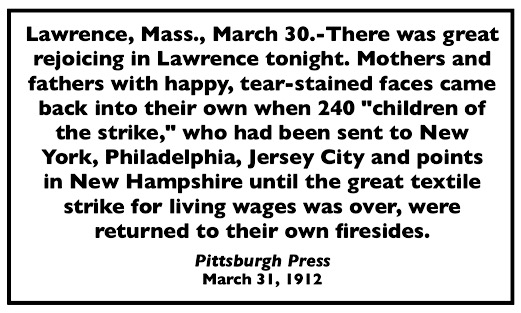 —————
—————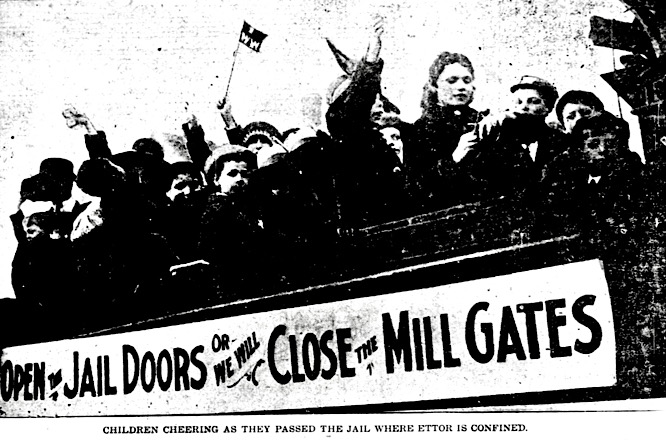
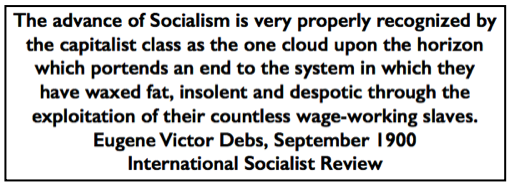 —————
—————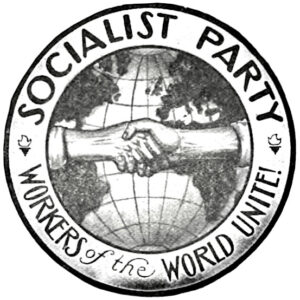
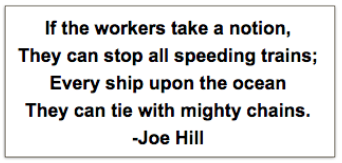 —————
—————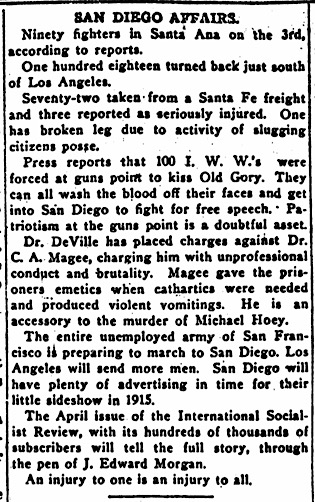 The free speech protest in Building Trades hall Last Sunday [March 31] was a great success; $175 were collected to carry on the fight in San Diego.
The free speech protest in Building Trades hall Last Sunday [March 31] was a great success; $175 were collected to carry on the fight in San Diego. —————
—————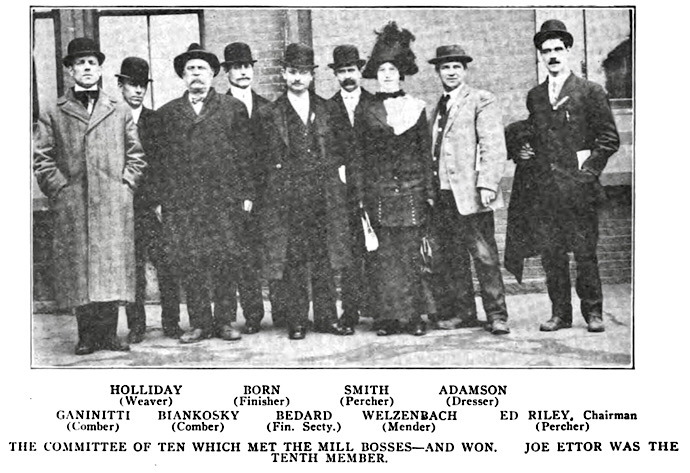
 —————
—————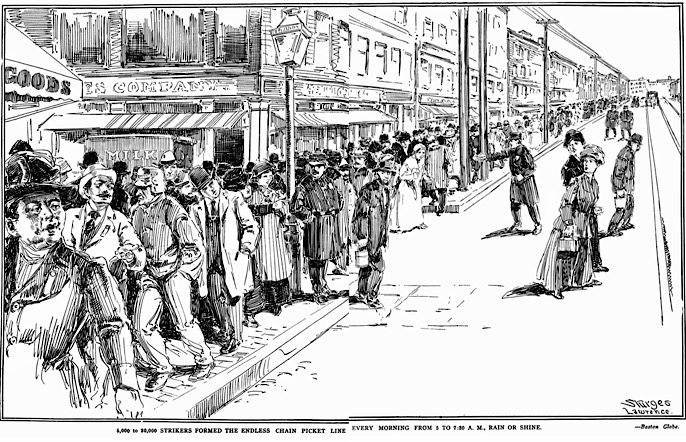
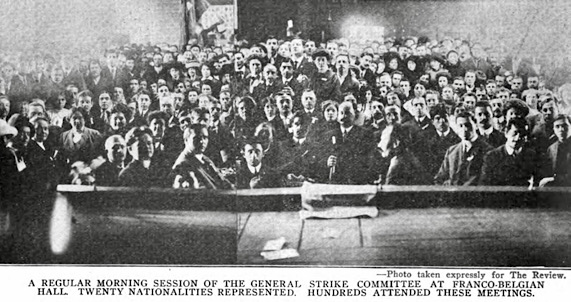
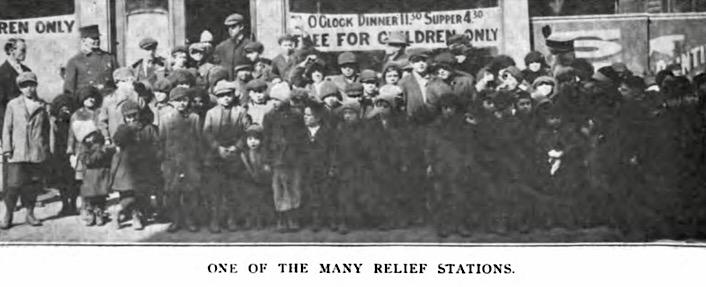
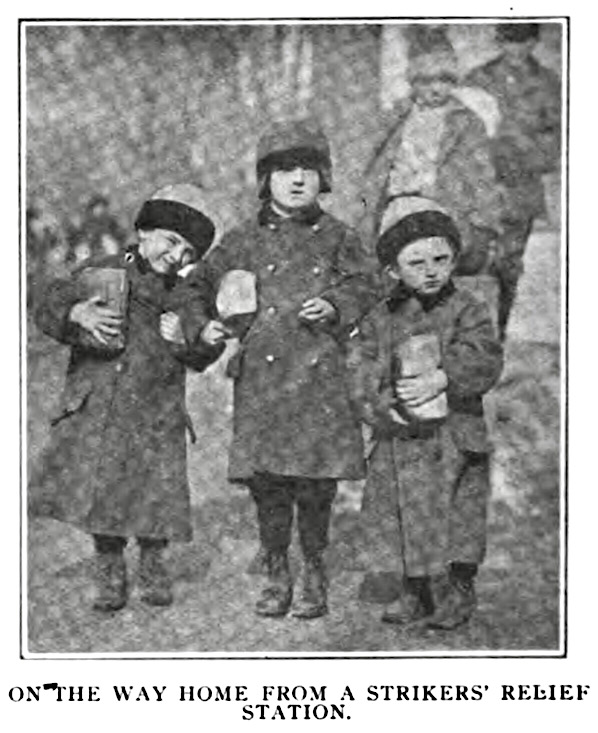
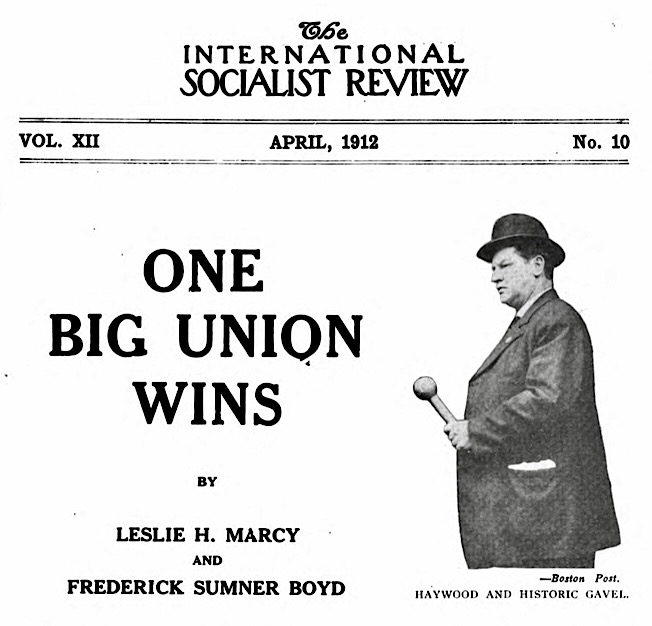
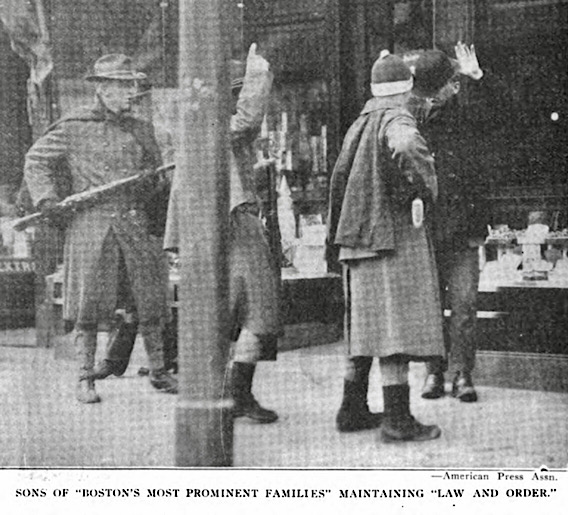
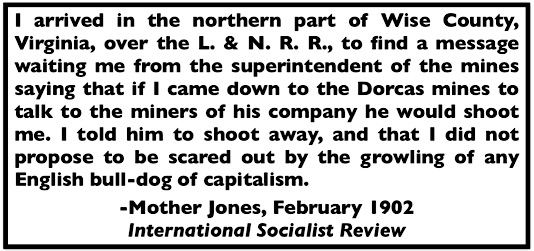 —————
—————